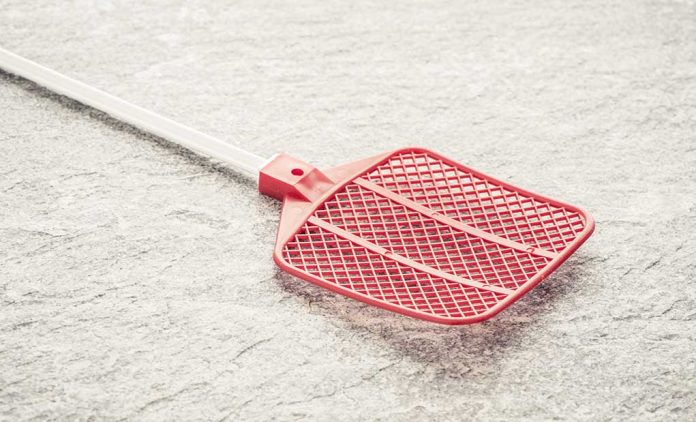
(TacticalNews.com) – Humans often kill insects, bugs, pests or whatever you call them for no good reason. Many of these creatures have bad reputations that simply aren’t valid, and we may act rashly out of fear when we encounter them.
Some tiny creatures are good to have around. Let’s take a look at some bugs you should never kill.
- Spiders: Yes, they’re creepy, but these creatures do so much for us that we don’t even realize, namely protecting our homes and gardens by preying on other insects. Most are harmless to humans and beneficial to have inside the house.
- Aphid Midge: These insects may be the tiniest of the fly species, but they can easily protect your garden by wiping out about 60 different species of aphids.
- Dragonfly: Some people are afraid of these skilled flyers, but they shouldn’t be. The dragonfly preys on common pests such as white flies, moths, fruit flies, house flies and mosquitoes — even their larvae.
- Praying Mantis: Admit it, praying mantises are pretty cool creatures. These insects serve as tuned killing machines, and their favorite prey, coincidentally, is common garden pests.
- Ladybug: Ladybugs are a common form of natural pesticide as they consume aphids, mites and the eggs of soft-bodied bugs.
- Lacewing: Both the mature and larval stages of lacewings prey on bad aphids and are likely the largest attackers of whiteflies.
- Ground Beetle: Ground beetles are nocturnal and come out to prey on insects that like to attack your garden.
- Braconid Wasp: The “wasp” name may cause you to run in fear, but fear isn’t necessary — unless you’re a hornworm, which is the braconid wasp’s favorite meal during its larval stage.
- Butterfly: Butterflies aren’t often a target on our hit list, given their beauty, but we may feel tempted to kill their caterpillars if we find them in our gardens. Adult butterflies don’t kill pests, but they do help pollinate.
- Bees: Yes, they can be a little territorial at times, but aren’t we all? People often kill these insects simply for existing, much like with spiders, but these hard-working pollinators are crucial to the environment. If you’re still concerned about a hive near your home, see if you can have professionals relocate them.
Knowledge is power; learn about the bugs and insects in your area and how to work with your ecosystem rather than against it. We don’t always have to resort to extermination when creepy-crawlies come around, but we do need to stay safe.
Always be sure to dress properly when going around bees, especially if you’re allergic, and try to identify spiders when bites do occur. Most of them are likely harmless, but there are also enough outliers to keep the bad raps alive.
Did you know these bugs were so helpful? Do you know of any other bugs that are beneficial to a home or garden? Reply to your email and share your thoughts, we would love to hear from you!
Copyright 2021, TacticalNews.com



















